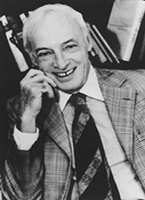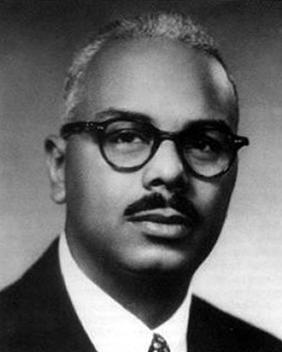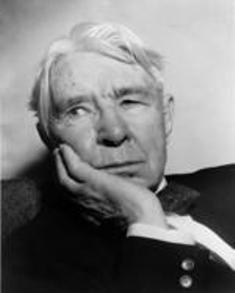
Samuel Alexander Floyd
Born: 1937 in Tallahassee, Florida
Pen Name: Samuel A. Floyd, Jr., Samuel A. Floyd, Jr., Samuel A. Floyd Connection to Illinois: Floyd attended Southern Illinois University at Carbondale, where he received his M. M. E. degree and his Ph. D. He taught as an associate professor in the Music Department at Southern Illinois University. He also worked at Chicago's Columbia College, where he directed the Center for Black Music Research and served as academic dean, interim vice president of academic affairs, provost and director emeritus and consultant for the Center for Black Music Research. Biography: Samuel A. Floyd, Jr., is an accomplished musical educator. He received his B.S. degree from Florida A&M University in 1957 before attending Southern Illinois University at Carbondale, where he received his M.M.E. degree in 1965, and his Ph.D. in 1969.Floyd worked as band director for Smith-Brown High School in Arcadia, Florida and later moved on to Florida A&M University, where he worked as a music instructor and the assistant director of bands until 1964 under the legendary William Foster. Between 1964 and 1978, Floyd taught as an associate professor in the Music Department at Southern Illinois University. From there, he went on to be the director of the Institute for Research in Black American Music for Fisk University, where he worked until 1983. Floyd then worked at Chicago's Columbia College, where he directed the Center for Black Music Research from 1983 to 1990, and from 1993 to 2002. He also served as academic dean from 1990 to 1993, as interim vice president of academic affairs and provost from 1999 to 2001. In 2002, Floyd became director emeritus and consultant for the Center for Black Music Research.Floyd has lectured at numerous colleges and universities throughout the United States. He has served on various committees for Southern Illinois University, Fisk University, and Columbia College. Floyd has written a number of articles for professional journals, and has written and edited books on musical theory and research.His edited works include: ''Blacks in Music History,'' and ''Black Music in the Harlem Renaissance: A Collection of Essays.''
Awards:
Selected Titles
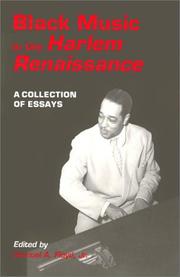 |
Black music in the Harlem Renaissance : ISBN: 0870498002 OCLC: 27187045 University of Tennessee Press, Knoxville : 1993. |
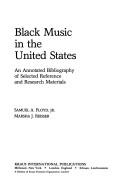 |
Black music in the United States : ISBN: 0527301647 OCLC: 9217458 Kraus International Publications, Millwood, N.Y. : 1983. |
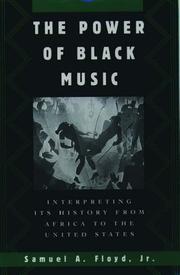 |
The power of Black music : ISBN: 0195109759 OCLC: 29670104 Oxford University Press, New York : ©1995. Bold and original, The Power of Black Music offers a new way of listening to the music of black America, and appreciating its profound contribution to all American music. Striving to break down the barriers that remain between high art and low art, it brilliantly illuminates the centuries-old linkage between the music, myths, and rituals of Africa and the continuing evolution and enduring vitality of African-American music. Inspired by the pioneering work of Sterling Stuckey and Henry Louis Gates, Jr., author Samuel A. Floyd, Jr., advocates a new critical approach grounded in the forms and traditions of the music itself. He accompanies readers on a fascinating journey from the African ring, through the ring shout's powerful merging of music and dance in the slave culture, to the funeral parade practices of the early New Orleans jazzmen, the bluesmen in the twenties, the beboppers in the forties, and the free jazz, rock, Motown, and concert hall composers of the sixties and beyond. Floyd dismisses the assumption that Africans brought to the United States as slaves took the music of whites in the New World and transformed it through their own performance practices. Instead, he recognizes European influences, while demonstrating how much black music has continued to share with its African counterparts. Floyd maintains that while African Americans may not have direct knowledge of African traditions and myths, they can intuitively recognize links to an authentic African cultural memory [Publisher description]. |


